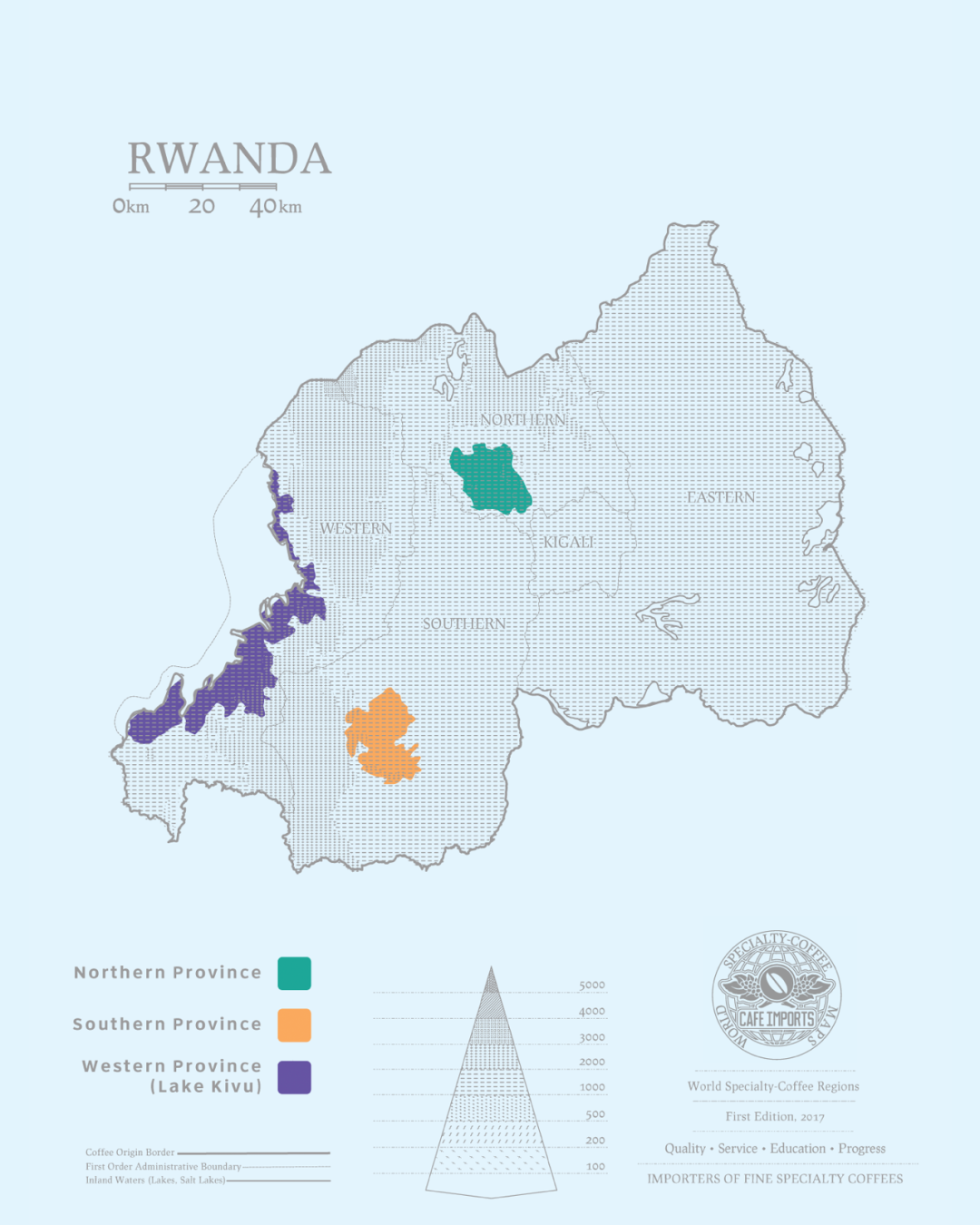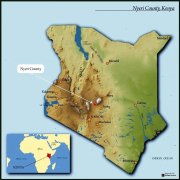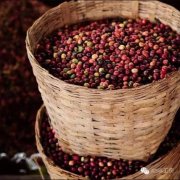High altitude coffee the different and complex Rwandan coffee style in the coffee industry and producing areas with Rwandan characteristics.
Despite the challenges in coffee sales and production, coffee remains one of the most important official sources of foreign exchange in Rwanda. Since Rwandan goods have to pass through other countries through difficult land routes to reach ports, Rwanda does not have a natural advantage in many forms of exports. The fact that the coffee industry still exists under many adverse conditions is a strong testament to its potential. The report shows that the coffee industry seems to be at a turning point, with a considerable number of farmers no longer drinking coffee, while more people seem to be at the forefront of removing more trees or "removing" caffeine from their fields.
Full-washed coffee has become a typical symbol of Rwandan coffee because of its unique flavor. Bourbon beans of Rwandan Arabica coffee are famous all over the world for their excellent flavor and quality.
In 2008, Rwanda fully washed Bourbon Coffee beat the famous Jamaica Blue Mountain 1 and Sumatra Mandelin G1 and won the COE Award from the American Special Coffee Association (SCAA).

If coffee grows at high altitudes, the soil is rich in minerals, so no chemicals are needed. If the soil is volcanic rock, you win the jackpot!
Plain coffee is obviously good for your health, but it also tastes better. The taste of plateau coffee is more complex, reflecting the uniqueness of bean varieties. The same is true of Rwandan coffee.
Rwandan coffee has such a unique and complex taste that many people cannot describe it.
The body is silky and smooth, almost like butter. The floral aroma of Rwandan coffee is reminiscent of Ethiopian Ilgchev coffee with a hint of lemon and sweet citrus. Sweet caramel and chocolate in the finish. Some beans smell like orange blossoms. My favorite Rwandan beans have strong cherry or other red berries. Generally speaking, coffee beans from Rwanda are very fruity.
The acidity of Rwandan coffee beans is usually bright and clean, similar to Kenyan coffee.
The taste of Hu Yeshan coffee beans is unique to high-altitude Rwandan coffee, with obvious cherry flavor, followed by dark chocolate and caramel aftertaste.
Coffee producing areas in Rwanda: Lake Kivu, Virunga, Muhasi, Kizi Rift Valley and Akajera.
Perhaps the best Rwandan coffee tasted in Europe comes from the mountains of the volcanic lake region of Kivu. Although most of them are red berries, some beans give off an amazing blueberry flavor that has never been tasted before. Other features of Lake Kivu coffee include sweet oranges and chocolates.
Lake North Kivu is considered the best place to grow quality specialty coffee in Rwanda. Virunga, home to rare mountain gorillas, also produces high-altitude coffee, which tastes smooth and hickory nuts.
Caramel-toned coffee is left in the Kizi Rift Valley.
The Muhazi and Akagera regions are less well known and produce more black tea-like flavors with bitter chocolate and blackcurrant flavors.

The specialty coffee industry is a natural choice in Rwanda because the growth conditions are the best, but farmers do not have enough land for mass production. Coffee beans in Rwanda come from 500000 small farms, each with an average area of less than 1 hectare. This is a family business: a Rwandan coffee farmer has only about 165 coffee trees.
The purchase of Rwandan coffee will improve the lives of small farmers and their families. In the past few years, Rwandan beans have become more and more common in specialty coffee shops.
Although the wounds left by the disaster are difficult to fully heal, Rwanda is trying to rewrite its future by "positioning itself as a professional coffee producer".
Important Notice :
前街咖啡 FrontStreet Coffee has moved to new addredd:
FrontStreet Coffee Address: 315,Donghua East Road,GuangZhou
Tel:020 38364473
- Prev

East African Coffee Kenya Coffee Industry Story and Arabica Coffee Flavor
Kenya's coffee industry is known for its cooperative system of grinding, selling and auctioning coffee, as well as a high proportion of odor farm production. The East African country Kenya is the 21st largest coffee producer in the world, producing more than 50 million kilograms (112 million pounds) in 2006. Coffee exports account for about 5% of Kenya's total exports. It is estimated that 6 million Kenyans are directly or indirectly employed in the coffee industry.
- Next

African High altitude Coffee Zambian Coffee Flavor and three usual processing methods
Zambian coffee was grown in the 1950s to get rid of overnight copper ponies and diversify exports. Not surprisingly, the focus is on output and production efficiency. The plantation is large and tidy, planted in sunny conditions on flat ground and processed in large wet mills as much as possible. Zambian coffee is fruity, rich in citrus fruits, with berry and melon flavors. North
Related
- Beginners will see the "Coffee pull flower" guide!
- What is the difference between ice blog purified milk and ordinary milk coffee?
- Why is the Philippines the largest producer of crops in Liberia?
- For coffee extraction, should the fine powder be retained?
- How does extracted espresso fill pressed powder? How much strength does it take to press the powder?
- How to make jasmine cold extract coffee? Is the jasmine + latte good?
- Will this little toy really make the coffee taste better? How does Lily Drip affect coffee extraction?
- Will the action of slapping the filter cup also affect coffee extraction?
- What's the difference between powder-to-water ratio and powder-to-liquid ratio?
- What is the Ethiopian local species? What does it have to do with Heirloom native species?

